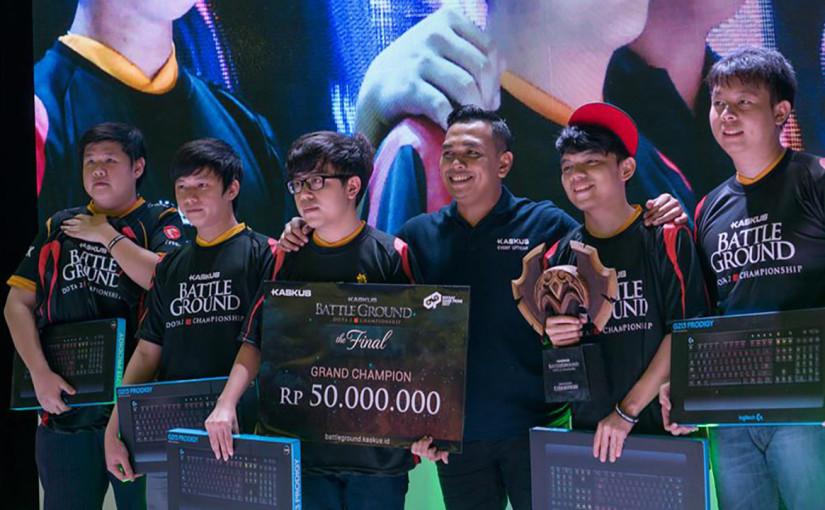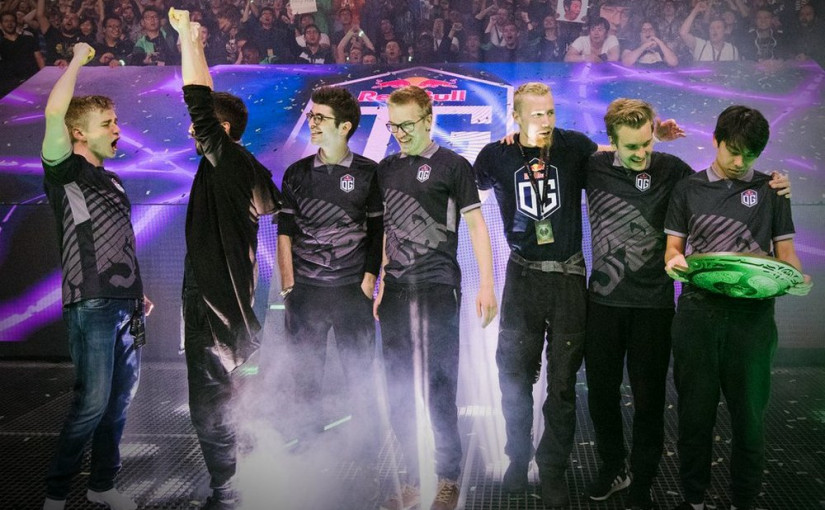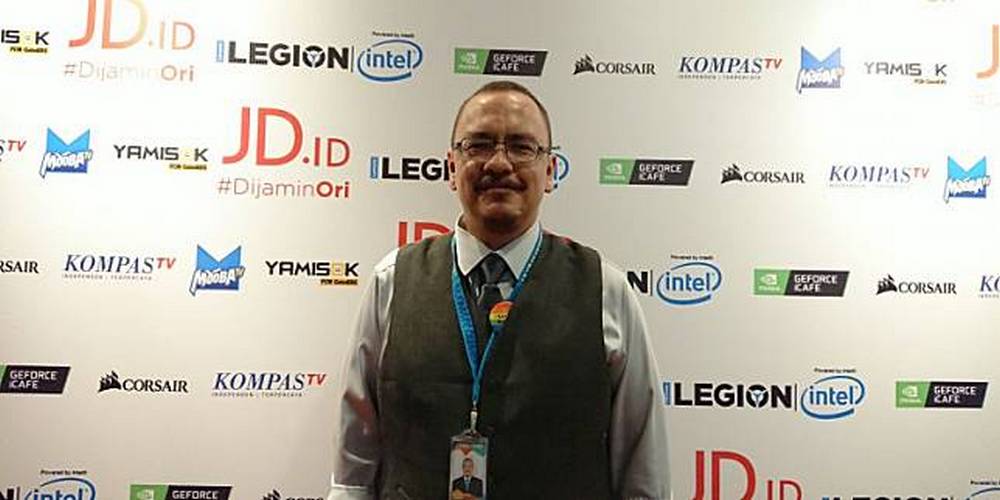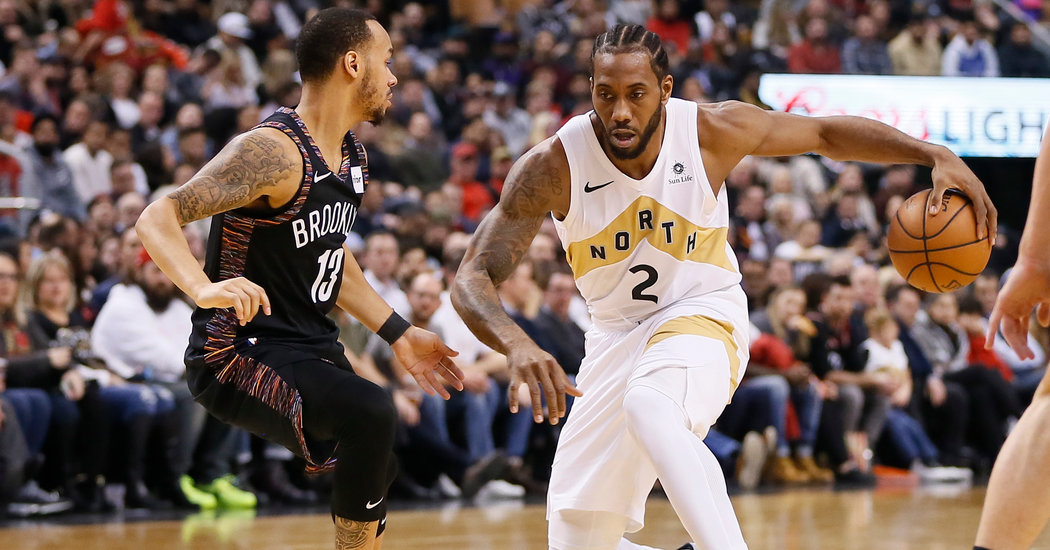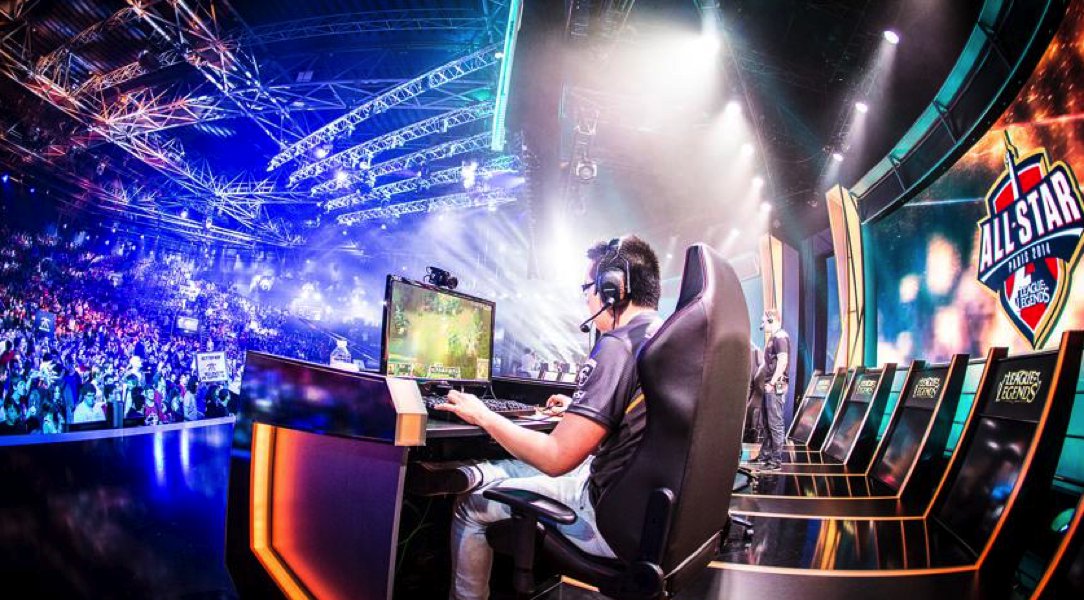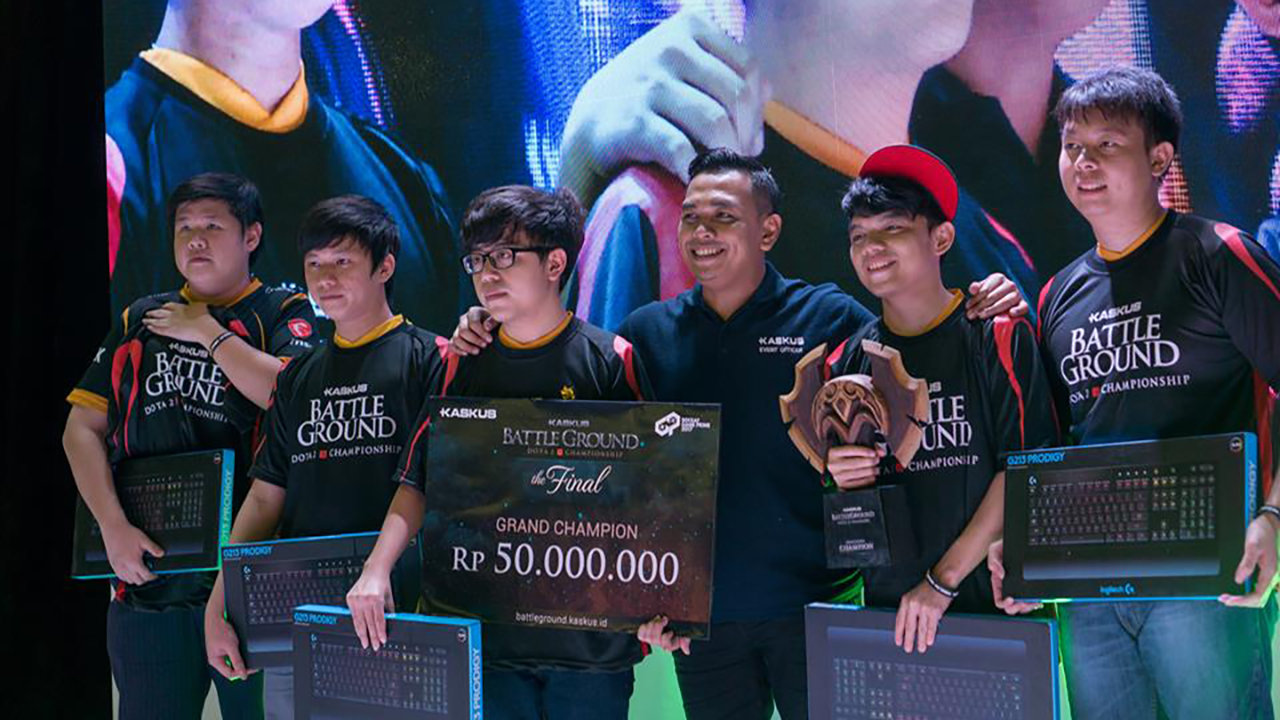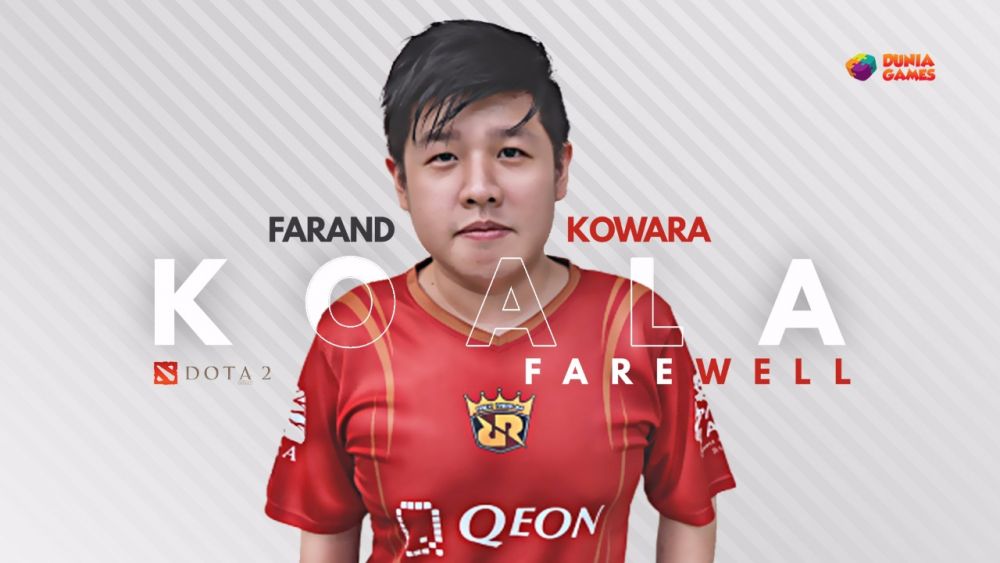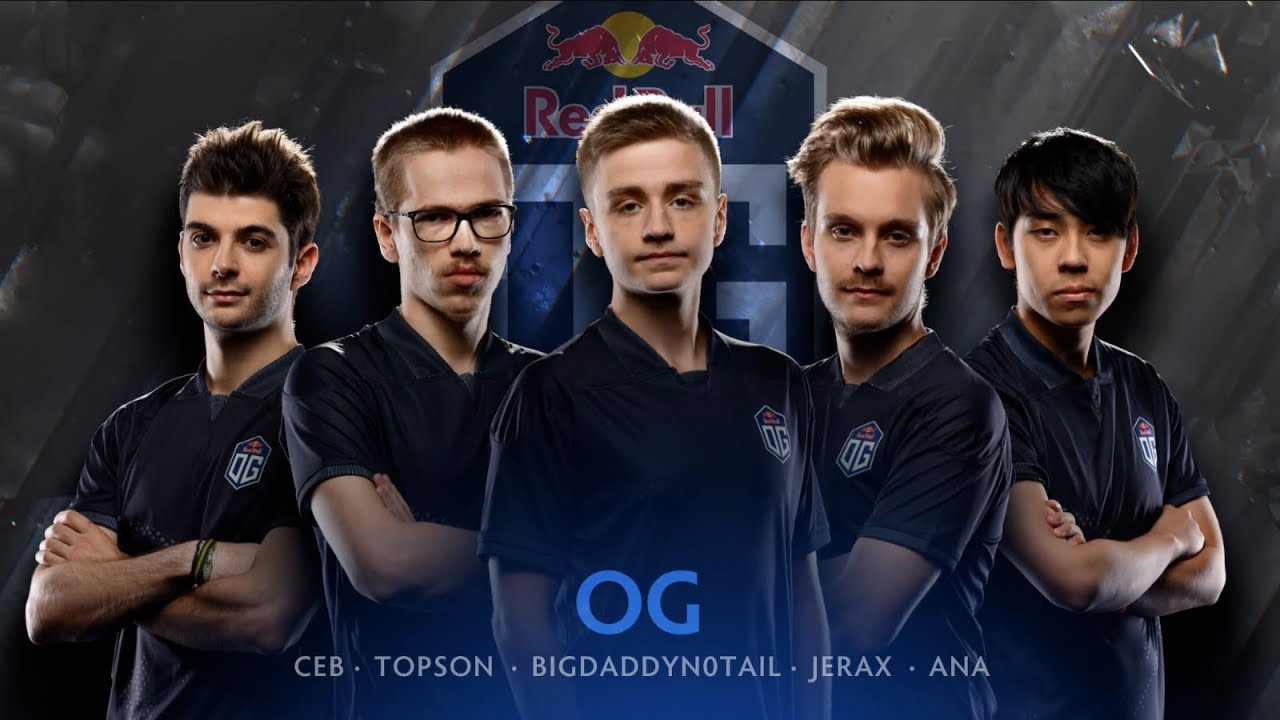“Convenient, isn’t it, getting paid for merely playing games,” that sentence is quite often heard from general public, when they see professional gamer as a profession. What I mean by professional gamers here are those whom are get paid to play games in competitive events. So, the phrase “professional gamers” here does not refer to game streamers or game YouTubers who do not work as esports athletes.
General public, or even gamers themselves often misunderstand working as a professional gamer as easy and fun. Truthfully, this profession is equal to the other professions, they possess their own difficulties and challenges.
Hybrid once brought up on how difficult it is to be the best esports athlete, along with all the sacrifices made by the athletes. The stress level of being an esports athlete is quite high, keeping in mind that they have to fight against many things; their own selves, the rival’s team, and negative comments from haters.
A few while ago, we witnessed how BOOM.ID’s struggle at Bucharest Minor ended beyond expectations. BOOM.ID was considered to give up prematurely while the chance to win was still exist during the battle against TeamTeam. This received the attention of international Dota community and written as “most bizarre ending in Dota 2 History” by joinDOTA, a Dota 2 community page that is recognized by international Dota audience.
This immediately became a sensation over the internet. People shower negative comments with all their might towards one of Indonesia’s Dota 2 team; that is said as a team with the highest commitment. However, does BOOM.ID deserve all the bad comments from the haters and people from the internet just because of that one unfortunate moment?
Observing Esports Athlete’s struggle from the viewpoint of Sports Psychology
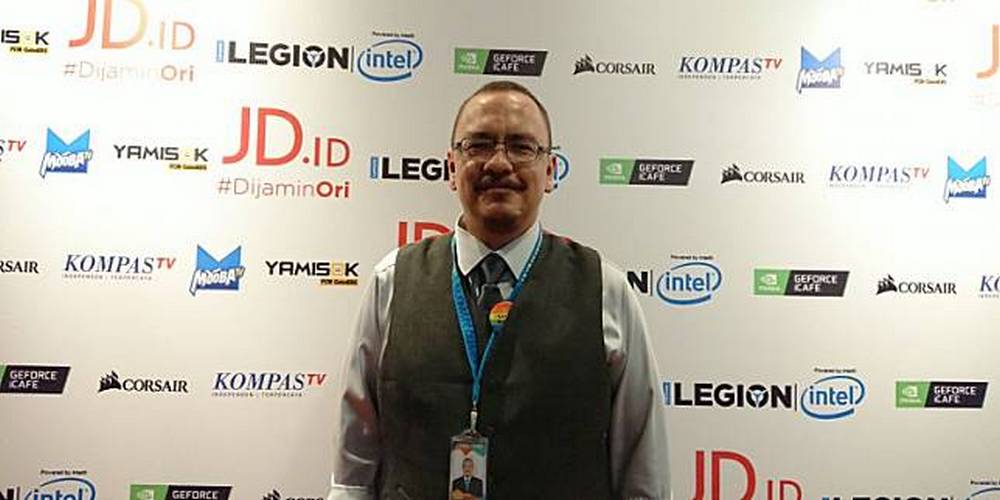
Trying to see it from another viewpoint, I was curious to see this case from the psychology’s side. Even though esports psychology is a crucial and difficult thing, unfortunately people underestimate it. Most of the people get straight to the conclusion that a pro player “should have” a great mentality. The truth is, every person’s mentality is different; years of training does not make someone’s mentality become unbreakable.
To answer the question, Hybrid interviewed Yohannes Paraloan Siagian S.Psi. Joey, as his closest people call him, is famous in esports because of his title as the Headmaster of SMA 1 PSKD, the first school in Indonesia which implemented an esports coaching program. Joey told us that he’s a practitioner in sports psychology for almost 20 years. He is experienced on coaching and training athletes and teenagers, some of his apprentices represented Indonesia on national team level.
Witnessing what happened to BOOM.ID on their first game versus TeamTeam, Joey said that the fact is the problem was not merely caused by BOOM.ID solely. According to his observation, both of the teams made the same mistakes. The thing is, BOOM.ID was seen as the one with more mistakes since they were the losing team because of the circumstances. The cause? Joey said that was caused by the players who did not realize about their condition, they were not focused on playing until the game was indeed finished.
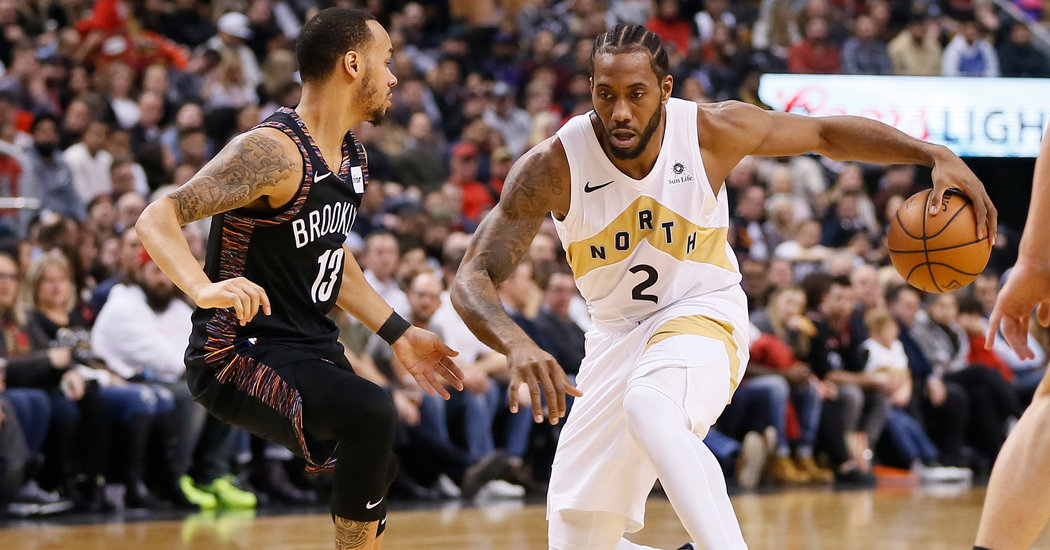
According to Joey, that happened because of various factors; some of them are discipline and focus. To explain that, Joey borrowed the analogical term “play to the buzzer” from basketball. This term is used to state a mentality that forces players to focus on their game until the last quarter’s buzz rings without having to think about the result. So, from his opinion, happened because their mentality is not well-trained, either in BOOM.ID or TeamTeam.
So what about the psychology and mentality’s side? Joey explained further that every athlete’s psychological or mental condition, including esports athlete, has their own limits and durability. Like their physique, mental condition needs rest so it could heal to its best state. Generally, someone’s mental can be exhausted, or commonly said as Mental Fatigue. Mental fatigue happened to athletes if they are stressed out, but their strength and stamina are not able to endure everything.
Quoting a psychologists’ writing, named Karen Nimmo from medium.com, there are several indicators when mental fatigue happens to an athlete. According to her opinion, an athlete who is suffering from mental fatigue will make more mistakes, unable to focus, over-think on every aspect that caused anxiety, stiff movement so their performance quality decreased, losing motivation, also bad thoughts appear and they make the athlete scared of doing what they are very proficient at.
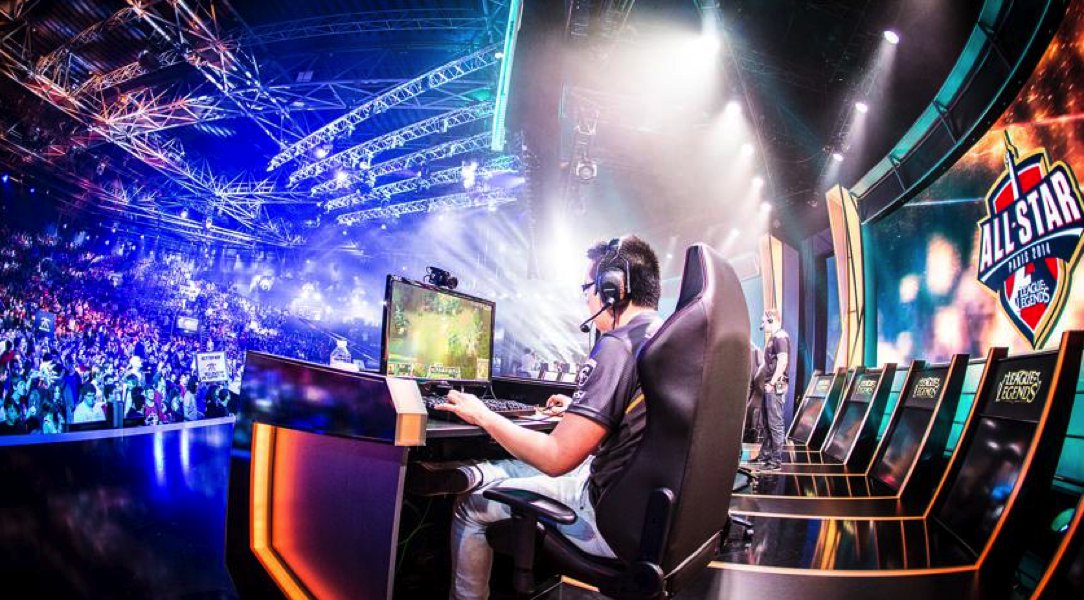
A competition as majestic as Bucharest Minor is a competition with a huge mental pressure. There are several factors that caused it to happen that way, such as the huge stage, spotlight from international Dota enthusiasts, tough rivals, also the responsibility of carrying their own nations. Facing this competition, it is obvious that an esports athlete must possess a tough mental strength and durability; so mental fatigue will not attack and they could perform well during the competition.
Ending the conversation, I asked: how important it is to have a mental coach in an esports team? “V-E-R-Y!” Joey answered enthusiastically. He said that this aspect should be included in esports coaching program, because just like sports, esports is not all about a good physical condition, but also mental. “Any team that abandons the mental aspects is just like building a house with ignoring several walls then get confused of why it collapsed,” said Joey.
A Senior Athlete’s Story about Mental Pressure in a Competition
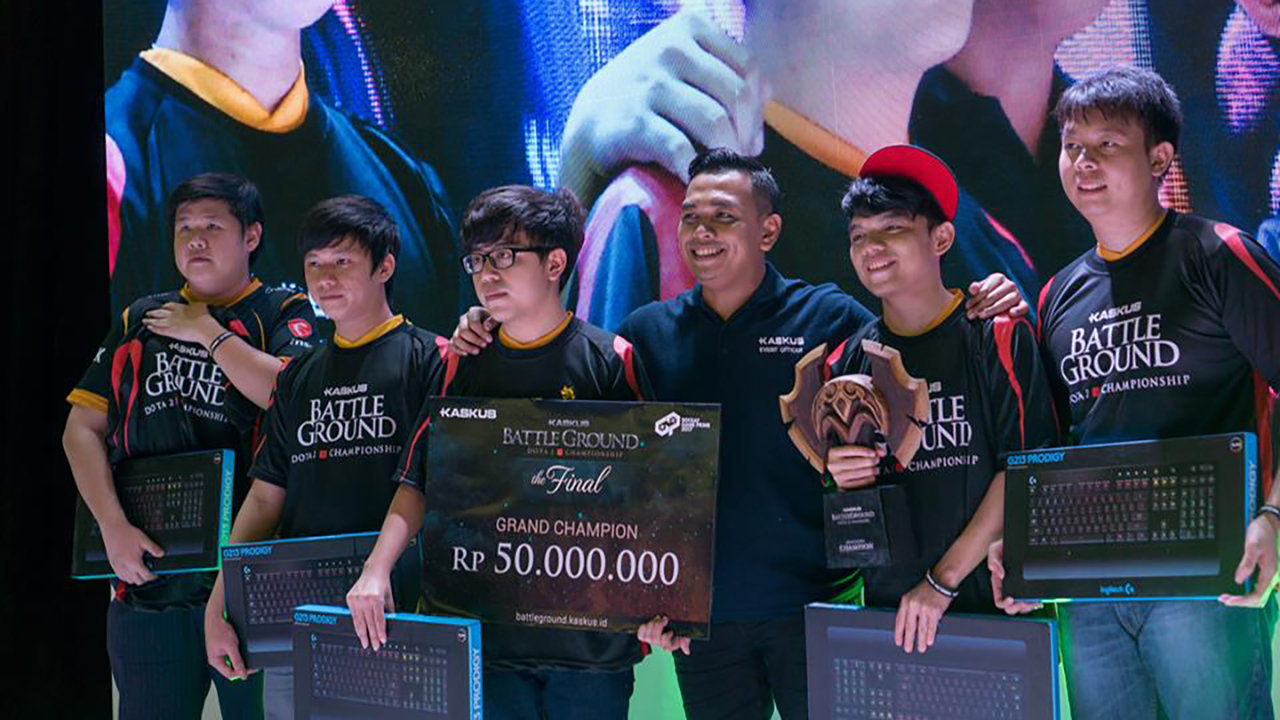
It is unfair if we do not know the experience from an actual esports athlete. Answering this I asked one of the legendary Dota 2 esports athletes for opinion. The player that I interviewed for this article is a senior player that was enlisted in Rex Regum Qeon team on his last career, Farand ‘Koala’ Kowara. Koala had been involved in Dota 2 since a long time ago, around 2006, and he is a veteran who had faced the harsh DotA competition with XcN team, when Dota 2 had not been released yet. He also won MGC 2008 in China while he was still a member of Fnatic.
Since 2017, Koala retired and chose to step back from the Dota 2 competitive events. The reason for his retirement is to give younger players a chance to show what they have got. Retiring does not make Koala stop keeping an eye on Dota 2 competitive events.
I asked his opinion about what happened at the match between BOOM.ID versus TeamTeam in Bucharest Minor 2019 as well. Koala also admitted that the situation where they were at was such a stressful one. It is not a wonder that the teams were panicking so that situation appeared.
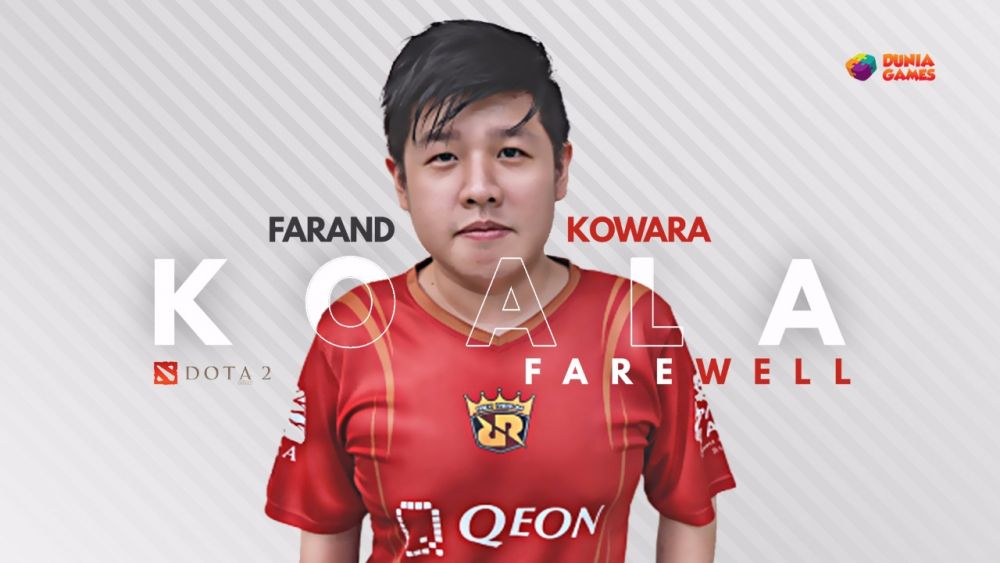
Starting from that case, I continued the conversation on how the pressure actually was being an esports athlete. “If they have reached the professional level the responses would be different, they are forced to win, there are rights and obligations, not to mention that they would receive harsh words if they lose, but back again at their own mental strength, it is possible that they could not handle it so they feel pressured but there are those who could so they are fine with it,” added Koala.
He also agreed that the pressure on the stage was very different, it is not equal to an MMR game in Dota 2. “Back to the BOOM moment, if it was an MMR I’m sure they are aware of the situation. But that was different, they were on the stage, the pressure was clearly different. It happened to the others as well, not only BOOM,” stated Koala.
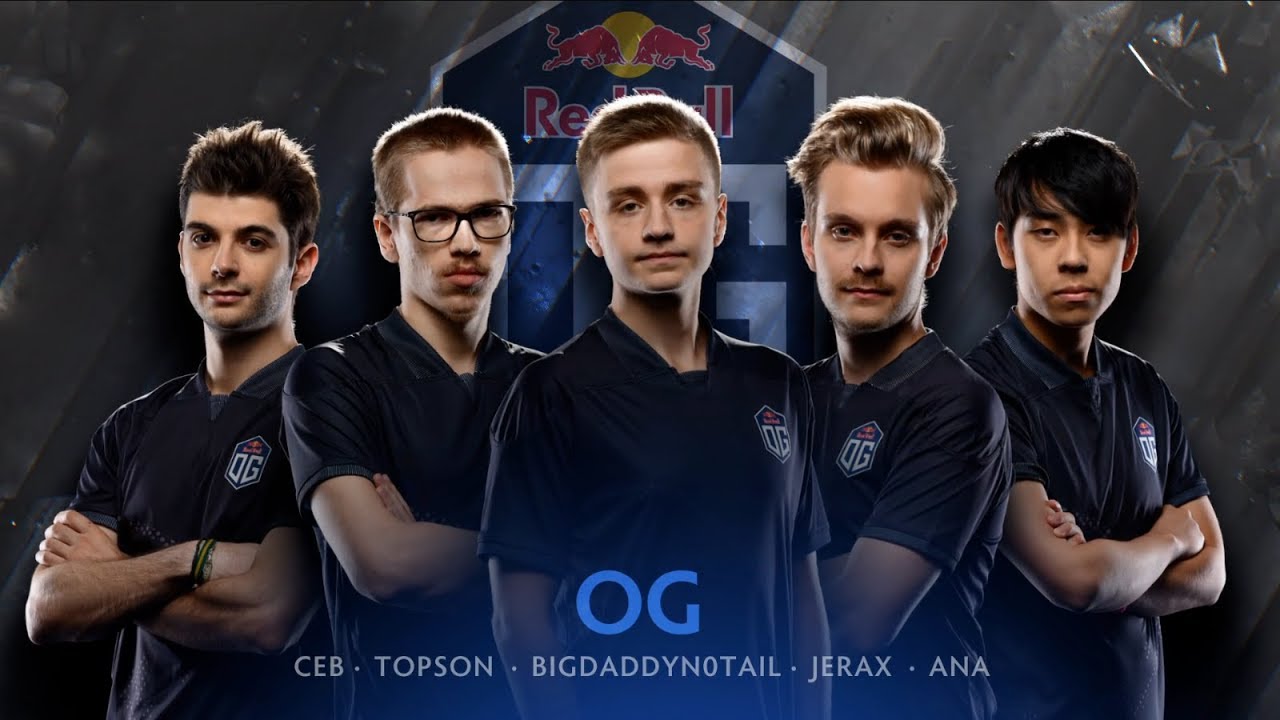
Speaking of pressure in a match, Koala also told that he was not a stranger to the said condition. “It often happened, almost every big qualifier or competition final, the mental pressure like that was present,” Koala said. He continued that how much pressure in a team depends on how much they care about people’s expectation, also how much does the team want to win. The more the player or team care about those internal and external factors, it is possible that the pressure will be bigger.
So, how to face such a stressful condition like this? Every individual has their own way and strategy, also depends on their own mental strength and stamina. Koala told us that he had a quite simple option. “Just play and have fun, don’t think about the result, play and do your best,” he said, ending the conversation with Hybrid.
If we reflect on how Indonesian esports team often failed on international events, I think it is already time to bring an athlete psychologist. Regarding that, Joey also explained that it does not have to be a special mental coach who is a graduate from the Psychology major. In his opinion, a technical and mental coach is alright, as long as they understand and willing to learn about psychology and athlete’s mentality in a match.
However, if we observe the ability or teamwork of Indonesia’s athletes, they can be said as bad; sometimes it could be said that they are better than international players. It is proven by some of the Indonesian players’ skills which are respected by international esports figures, for example, Hansel “BnTeT” Ferdinand from CS: GO or Kenny “Xepher” Deo from Dota 2.
In the end, mental training and the understanding of esports psychology that is implemented as hard as playing skill training will also make Indonesian player to successfully roar their name in the world level. Even though, this thing depends on each of the players’ ability to absorb those various trainings.
–
The original article is in Indonesian, translated by Kristin Siagian
